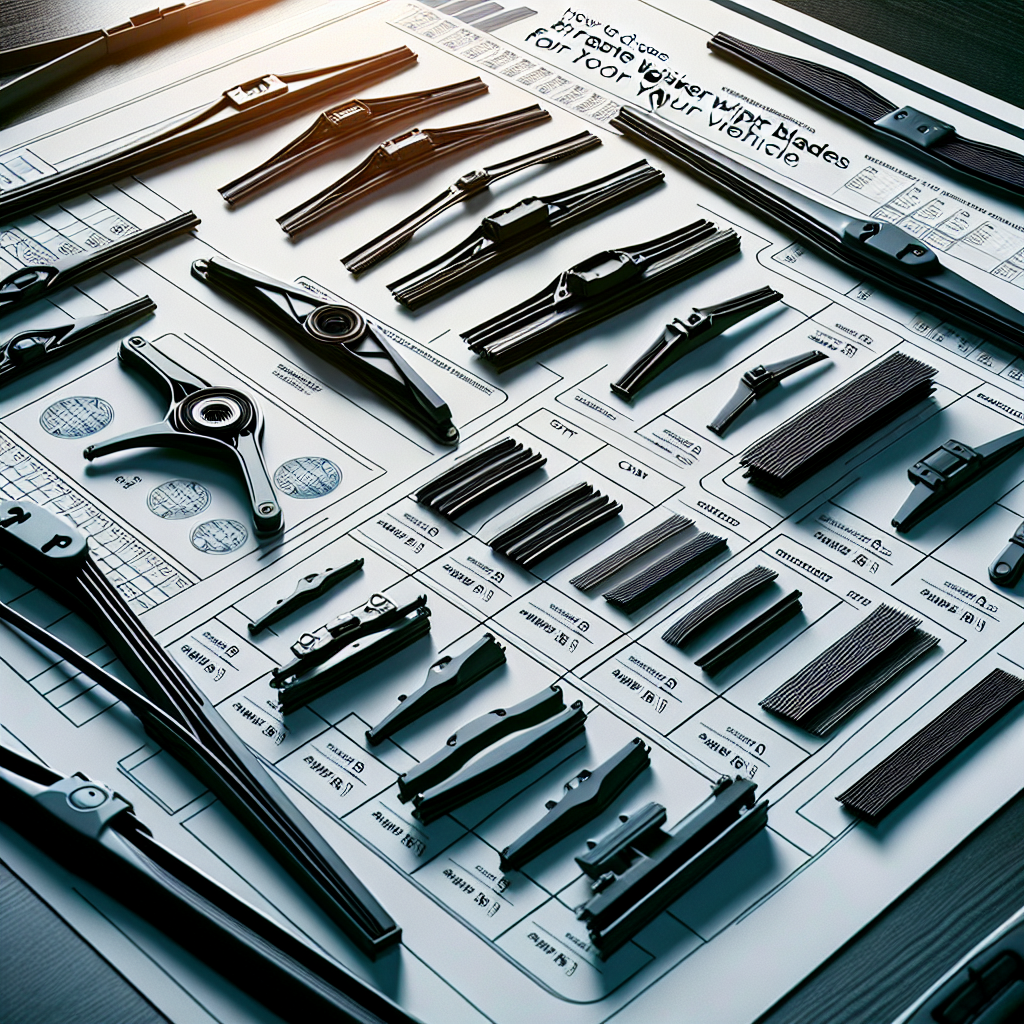In the evolving landscape of the automotive industry, customizability and personalization have taken center stage, reshaping how American car models are designed, produced, and marketed. This trend is not just a fleeting fad but a fundamental shift reflecting consumer preferences and technological advancements. The newfound emphasis on individuality allows car owners to create vehicles that resonate with their unique tastes and requirements, transforming the experience of owning a car into a personal journey.
The concept of customizability has been around for years, but today’s technology has propelled it to unprecedented levels. With advanced manufacturing techniques such as 3D printing and precision engineering, car makers can now offer a variety of customizable features without compromising on efficiency or production costs. These technological innovations enable manufacturers to produce tailored components, from custom paint jobs and unique upholstery to specialized mechanical parts.
Technology-Driven Personalization
The rise of smart technology and the Internet of Things (IoT) has further fueled the personalization trend in the automotive industry. Modern vehicles are increasingly integrated with high-tech features that allow for a more personalized driving experience. For instance, infotainment systems now come with AI-driven personalization, adapting to the driver’s music preferences, navigation habits, and even preferred climate settings. Additionally, advanced driver-assistance systems (ADAS) are customizable to suit an individual’s specific driving style and comfort preferences, offering a safer and more intuitive driving experience.
Sustainability and Eco-Friendly Options
Customizability also aligns with the growing consumer demand for sustainability. As more people become conscious of their environmental impact, the option to personalize extends to selecting eco-friendly materials and components. Consumers can now opt for interiors made from recycled materials, energy-efficient engines, and sustainable tires, which not only improve the vehicle’s green credentials but also allow owners to express their environmental values.
Market Dynamics and Consumer Demand
The shift towards personalization is not solely driven by technological advancements but also by changing market dynamics. Modern consumers, especially younger generations, value uniqueness and are willing to pay a premium for products that reflect their personality and lifestyle. According to McKinsey & Company, the market for personalized products is expected to grow rapidly, with the automotive sector being a significant contributor. This trend is compelling car manufacturers to offer a higher degree of personalization at various price points, making customized options accessible to a broader audience.
Customization vs. Standardization
While the move towards customizability is gaining traction, it also poses challenges for manufacturers accustomed to standardized production lines. Incorporating high levels of customization requires flexible manufacturing processes and robust supply chain management. However, many industry leaders view this as a worthwhile investment, given the increasing demand and the potential for higher profit margins associated with personalized vehicles.
Future Prospects and Innovations
Looking ahead, the future of American car models seems poised for even greater levels of customization. Automotive companies are already exploring virtual reality (VR) and augmented reality (AR) to allow customers to visualize and configure their vehicles in real-time, right from the comfort of their homes. This immersive experience can further enhance customer satisfaction by providing a tangible preview of the final product.
In summary, customizability and personalization are not merely trends but are becoming integral components of automotive manufacturing and marketing strategies. As technology continues to evolve, the capacity to offer tailored features is likely to expand, giving consumers unprecedented control over the look, feel, and functionality of their vehicles. This transformation promises to redefine the relationship between car manufacturers and buyers, making the process of purchasing a vehicle a deeply personal and enjoyable experience.


